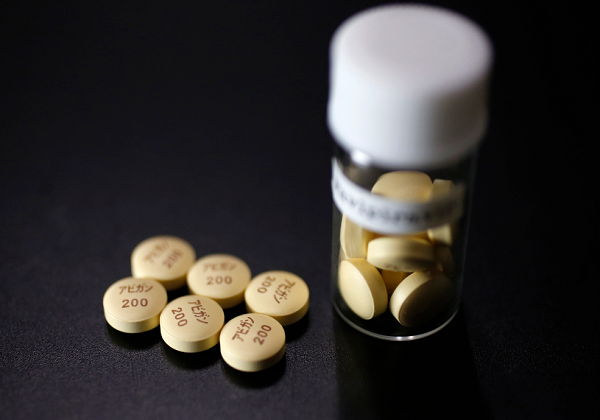Top Pharma And Biotech Trends: What To Watch Out For In 2017

Big pharma and biotech companies definitely had a hard 2016. A slew of companies started the year in the red thanks to a pool of unsuccessful clinical trials and studies. The industry and drug suppliers faced a backlash amid a spiraling opioid epidemic looming across the U.S. And the so-called Brexit in Europe botched biotech investments and stock markets overseas.
However, pharma leaders are still optimistic for the year ahead. The trends forecast for 2017 could bring a lot more positive outcomes for pharmaceutical and biotech industries, which inevitably could open more doors to better health for consumers as early as January.
Check out a list of a few of the top biotech and pharma trends for 2017 below:
New Alzheimer treatment: More than 5 million Americans are living with Alzheimer’s disease, according to ALZ.org, and a few researchers have landed hefty investments to take cure research to the next level. The industry has raised and spent billions of dollars to fund projects targeted at antibody drugs designed to help retain memory and cognition as humans age. However, only recently have companies received funding to take a different approach to solving the mystery of Alzheimer’s by stopping the immune system from removing cell material needed for neuronal functioning, Forbes reported. San Francisco-based Annexon Bioscience will head that particular project in 2017, while EIP Pharma is set to work to advance an old anti-inflammatory drug that previously proved capable of improving cognitive function and memory in a group of test subjects already diagnosed with mild Alzheimer’s.
CRISPR advancement and more clinical trials: The revolutionary gene-editing tool has already been tested on humans, and a similar version of the DNA-copying technology has been used to create the first baby born with DNA from three parents. More clinical trials and studies are set for 2017 to test the safety of the technology. Fiona Barry of BioPHarm Insight told Investing News that “the first few trials and approvals are likely to involve more conservative gene editing rather than in vivo modification,” which she said “could possibly lead to greater unintended gene changes.”
More marijuana research: With 28 states offering legal marijuana in some capacity and Canada set to legalize recreational use of the plant nationwide, cannabis is finally on the pharmaceutical watch list. There are already medicine companies that have started eyeing pot in a pharmaceutical space, but experts say 2017 could bring more research to the forefront now that cannabis has become so accepted in the states. While speaking to Forbes in November, Tweeinot Life Sciences president, Rob Hunt, said, “There are many scientists that are desperate to study the efficacious nature of cannabinoids. Legalizing cannabis provides a great deal of insulation to these people and provides them comfort in conducting trials that will ultimately lead to breakthroughs in medicine.”
Human and machine collaborations: Health and wellness advertising agency GSW recently released its 2017 trending report, which suggested companies will take new routes of collecting data with the help of machines. The technology, like IBM’s Watson supercomputer, would essentially give doctors a broader platform to collect and track data while also giving physicians an outlet to discover better means of treatment (with drugs that are already available) and comparable costs of medicines to efficiently help their patients.
More effective drugs: One of the many arguments against big pharma is that the industry rakes in so much dough, but haven’t created drugs that actually solve health problems. However, some companies have gained funding to help integrate drug therapy and behavioral therapy with new medicine, including Chrono Therapeutics, a company working on combining the right medicines with digital sensors and human coaching to help people effectively conquer their illnesses and unhealthy habits.
© Copyright IBTimes 2024. All rights reserved.






















